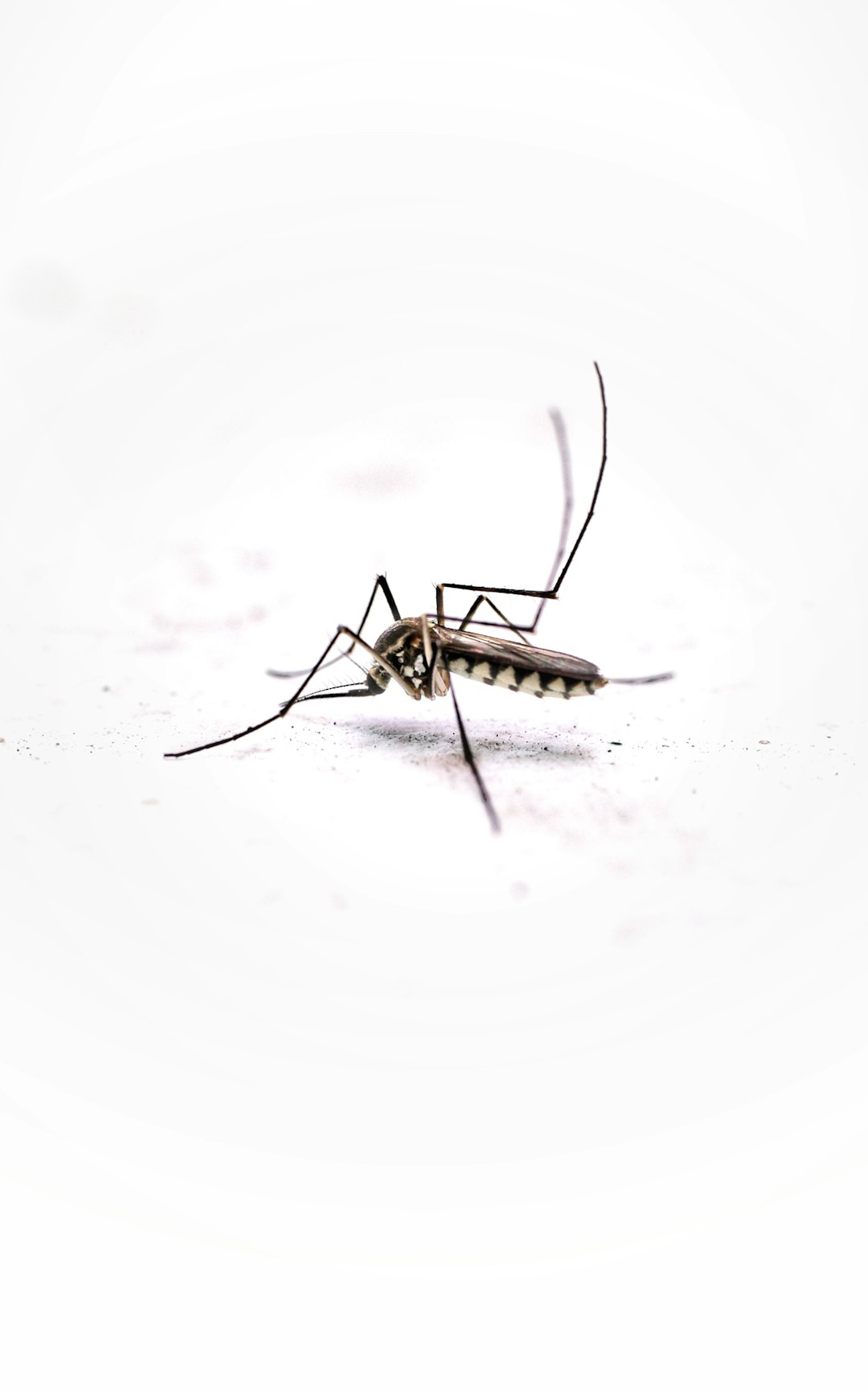Mosquitoes are common pests that can be found all over the world, particularly in warm and humid environments. These tiny insects can be a nuisance to humans, as they are known for their irritating bites and potential to transmit diseases such as malaria, dengue fever, and Zika virus. In order to control and prevent mosquito infestations, it is important to understand their life cycle and how to disrupt their breeding grounds.
The life cycle of a mosquito consists of four stages: egg, larva, pupa, and adult. Female mosquitoes lay their eggs in standing water, which provides an ideal breeding ground for their offspring. These eggs hatch into larvae, which then develop into pupae before emerging as adult mosquitoes. The entire life cycle can take anywhere from a few days to several weeks, depending on environmental conditions.
One of the most effective ways to disrupt the breeding grounds of mosquitoes is to eliminate any standing water in and around your property. This includes getting rid of sources like flower pots, bird baths, clogged gutters, and any other containers that can collect water. By doing so, you can prevent mosquitoes from laying their eggs and breeding in these areas.
Another method for Mosquito treatment is to use larvicides, which are chemicals that target the larvae of mosquitoes. These products can be applied to standing water to kill the mosquito larvae before they have a chance to develop into adults. Larvicides are typically safe to use around humans and pets and can be an effective way to control mosquito populations.
In addition to larvicides, adulticides can also be used to control adult mosquitoes. These products are designed to kill adult mosquitoes on contact and can be applied in the form of sprays, foggers, or traps. However, it is important to use these products with caution, as they can be harmful to beneficial insects and other wildlife.
It is also important to consider natural methods for mosquito control, such as introducing mosquito-eating fish like Gambusia or installing bat houses to attract bats, which are natural predators of mosquitoes. Planting mosquito-repellent plants like citronella, lavender, and marigolds can also help to deter mosquitoes from your property.
In conclusion, understanding the life cycle of mosquitoes and how to disrupt their breeding grounds is essential for effective mosquito treatment. By eliminating standing water, using larvicides and adulticides, and incorporating natural methods for mosquito control, you can help reduce the population of mosquitoes and protect yourself and your family from their bites and potential diseases. Remember to take proactive measures to keep your environment mosquito-free and enjoy the outdoors without the nuisance of these pesky insects.
************
Want to get more details?
Mosquito Force
http://www.mosquitoforcecincy.com
5133491656
Cincinnati (Central Business District), United States
Are mosquitos driving you crazy? Say goodbye to annoying bites and constant swatting with Mosquito Force Cincy! Our expert team will eliminate pesky mosquitos from your outdoor space so you can finally enjoy the great outdoors in peace. Say hello to a mosquito-free summer with Mosquito Force Cincy!
